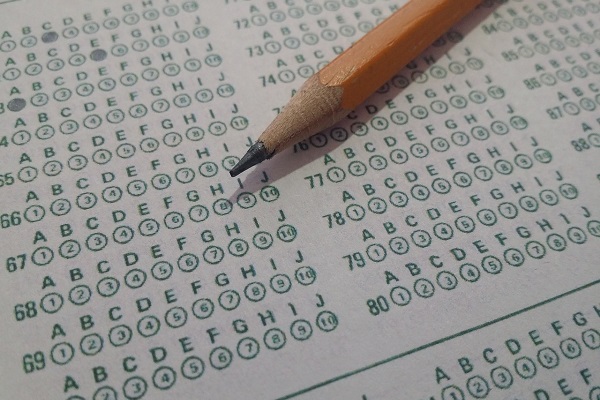- MN ABE Connect
- Archive
- TABE/CASAS Accommodations
 February 17, 2017
February 17, 2017
TABE/CASAS Accommodations
- Does your student have dyslexia?
- Mental health challenges?
- A physical or chronic health condition?
- ADHD?
If you answered yes to any of the above, the student may qualify for TABE/CASAS testing accommodations.
Who can have accommodations?
The American with Disabilities Amendment Act (ADAA) is a civil rights law which protects individuals with disabilities from discrimination in workplace and school settings. It mandates that reasonable accommodations be provided to students with disabilities.
If the student has documentation that shows evidence of a disability, accommodations would be appropriate. Examples of documentation are an IEP (Individualized Education Plan), 504 Plan, medical, physical or mental health diagnosis.
If you are unsure if a student has a disability, but you suspect this may be the case, begin by using PANDA’s Adult Learner Intervention. You can also contact PANDA staff for a consultation.
What testing accommodations are permitted?
Typically, extra time on tests (1.5x), testing in a private area, and breaks.
Todd Wagner, State ABE Director, has provided the following guidance to administering the TABE/CASAS tests:
“Test accommodations must comply with publisher guidelines. Beyond that, no special documentation or permission is required to provide accommodations on the TABE and CASAS tests. Test administrators need only to provide the same accommodations at the pre- and post-test in order to assure standardized testing conditions. Note that it may be helpful to document accommodations provided in the event that the folks involved in post-testing were not those initially involved in pre-testing. However, it is up to local programs whether and how to keep such documentation.”
Contact Wendy Sweeney for more information, a consultation, or adaptive equipment needs for a specific student: [email protected] or 763-504-4095.
Newsletter Signup
Get MN ABE Connect—the official source for ABE events, activities, and resources!
Sign UpArticle Categories
- ABE Foundations/Staff Onboarding
- ACES/Transitions
- Adult Career Pathways
- Assessment
- CCR Standards
- Citizenship
- COVID-19
- Cultural Competency
- Digital Literacy/Northstar
- Disabilities
- Distance Learning/Education
- ELA
- Equity/Inclusion
- ESL
- HSE/Adult Diploma
- Listening
- Math/Numeracy
- Mental Health
- Minnesota ABE
- One-Room Schoolhouse/Multilevel
- Professional Development
- Program Management
- Reading
- Remote Instruction
- Science
- Social Studies
- Speaking/Conversation
- Support Services
- Teaching Strategies
- Technology
- Uncategorized
- Volunteers/Tutors
- Writing